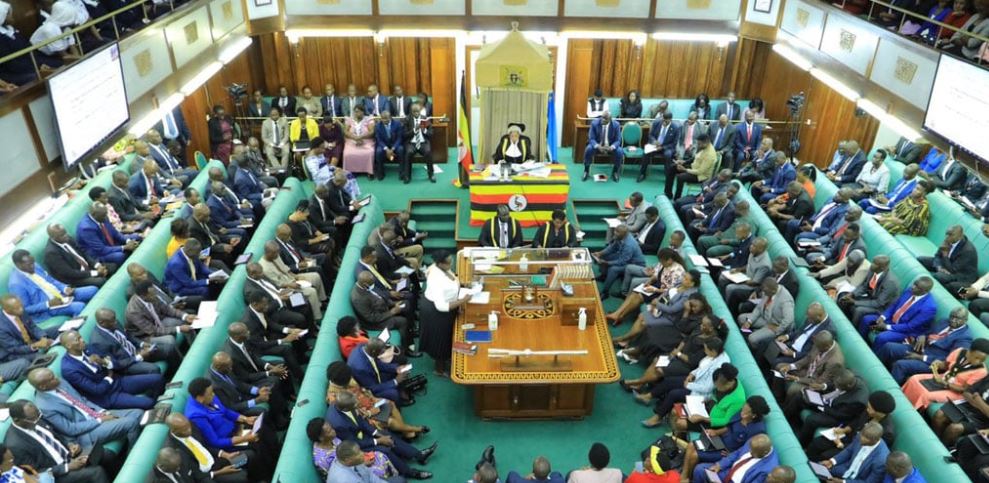President Yoweri Museveni of Uganda has urged the country’s law makers to carefuly rethink and revise what it means to be a homosexual and engaging in acts of homosexuality.
The Ugandan leader is carefully being watched by different sections of the international community before he signs into law what is described as the most draconian legislation against homosexuality.
On Wednesday, Museveni called on Ugandan MPs to “reconsider” the anti-gay legislation passed by parliament last month and widely condemned in the West.
“I return the bill to Parliament for reconsideration,” Museveni wrote in a letter to the house.
A distinction should be made in the bill “between being a homosexual and engaging in acts of homosexuality,” Museveni said in the letter.
It proposed “a provision… for avoidance of doubt, a person believed or alleged or suspected of being a homosexual who has not committed a sexual act with another person of the same sex doesn’t commit an offence”.
“What is clear is that our society does not accept homosexual conduct or actions,” Museveni wrote.
“Therefore, the proposed law should be clear so that what is thought to be criminalised is not the state of one having a deviant proclivity but rather the actions of one acting on that deviancy or promoting the same in whatever way.”
“The duty to report acts of homosexuality… presents constitutional challenges and could be a source of conflicts in society,” he added.
The law should also facilitate the “rehabilitation” of gay people who come “to seek help”, he wrote.
Under the bill, anyone who engages in same-sex activity could face life imprisonment, and repeat offenders could be sentenced to death, according to activists.
According to government chief whip Hamson Obua, President Museveni agreed with MPs to sign the Bill into law after some improvements to facilitate its strengthening.



















